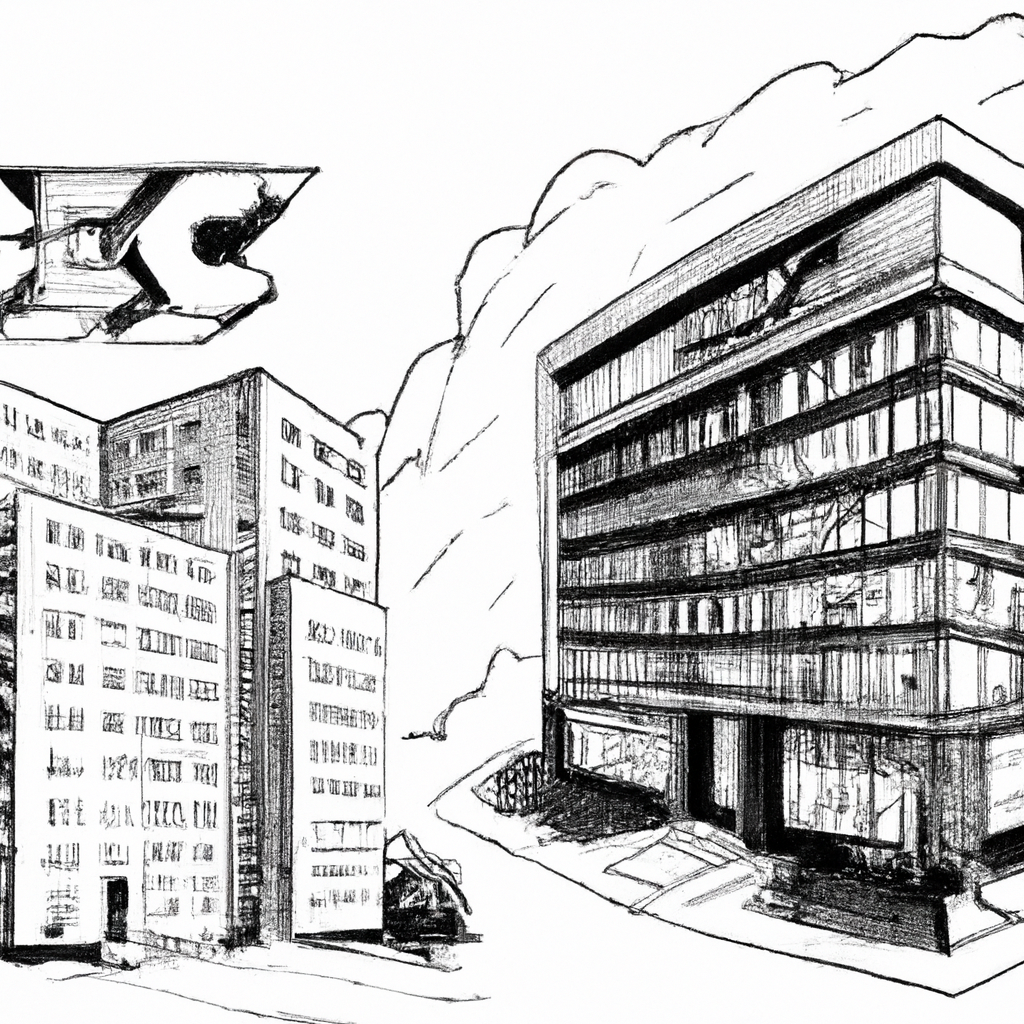Unlocking New Opportunities: NFTs in the Real Estate Industry
With its traditional status as a high-value, non-liquid asset class, the world of real estate is poised to undergo a fundamental change with the advent of Non-Fungible Tokens (NFTs). We take a look at how the underlying technology of NFTs stands to affect the real-estate market, making it more accessible, efficient and transparent.
Understanding NFTs in Real Estate
But at its most basic, an NFT contains a singular digital certificate (albeit one that is stored and handled on a blockchain), which shows that its owner holds the rights to a given property. The reasons behind NFTs’ emergence as a novel and superior medium for land-title documentation include its simplicity of documentation, immutability of the records, as well as its enhanced security.
Streamlining Transactions
As well as troves of digital tokens that belong to the other 355 million plus holders of Bitcoin
Perhaps the most substantial benefit that could result from NFTs being applied to real estate is speeding up transactions and therefore helping the business model of the industry as a whole. In a traditional sale, the steps required for a single property sale might involve two or three lawyers, a bank and a broker – a lot of people with a lot of manual paperwork before the deal is done. Many of these steps could be automated by using smart contracts, where the contractual terms required for an agreement are written directly into code so that the act of signing becomes the act of execution. Therefore, more of those steps could happen at a much faster rate and for much lower cost, and be much less prone to human error.
Enhancing Liquidity
Real estate is notoriously illiquid: it can take a long time to be able to convert property into cash. However, NFTs could make property markets more liquid. Tokenising the property into smaller pieces of ownership makes it easier for people to buy into the building and earn returns from it (being only a fractional owner). The fractionalisation of the property would allow many more individuals to buy smaller pieces rather than having to spend huge amounts of money on full ownership. It could reduce entry barriers and democratise property investments. More fractions should also create a richer and more dynamic market, with greater liquidity.
Improving Transparency and Security
Because of the distributed nature of blockchain, the technology behind NFTs, they are more transparent and secure than normal real estate deals. Every transaction made using NFTs is recorded on a blockchain and cannot, by nature of the technology be changed – creating an immutable record of the transactions. This record ensures fewer fraudulent dealings, more accurate transactions and reduces disputes over property ownership. The notion of possible fraud is further reduced by the greater security afforded by blockchain technology which makes it harder to tamper or falsify the data on which real estate records are based.
Challenges and Considerations
While the advantages can be enticing, the integration of NFTs into real estate inevitably face issues of regulatory uncertainty, technological adaptation and market acceptance, and the fact that having a digital token in exchange for not have a physical deed can be a major paradigm shift that might be long in the making.
The Future of Real Estate
NFTs can transform the real estate industry since it makes transactions more efficient, brings a boost to liquidity, enhances security and transparency with every process, thereby making real estate more open to a large range of investors worldwide. Over the years, we can expect a positive change in the rules of real estate transactions derived from the influence of NFTs. As the technology improves, regulatory policies are also expected to come into place in order to make it accessible. The future of the real estate can be imagined as digitalised. Along with NFT, there is an increasing potential to revolutionise the process in due course.
Moving forward, real-estate and blockchain industry stakeholders must work together to resolve these issues, while leveraging the full potential of NFTs. The beginning of the road lies ahead of us, but the end goal – a transformative real-estate world – is already within our sights.


